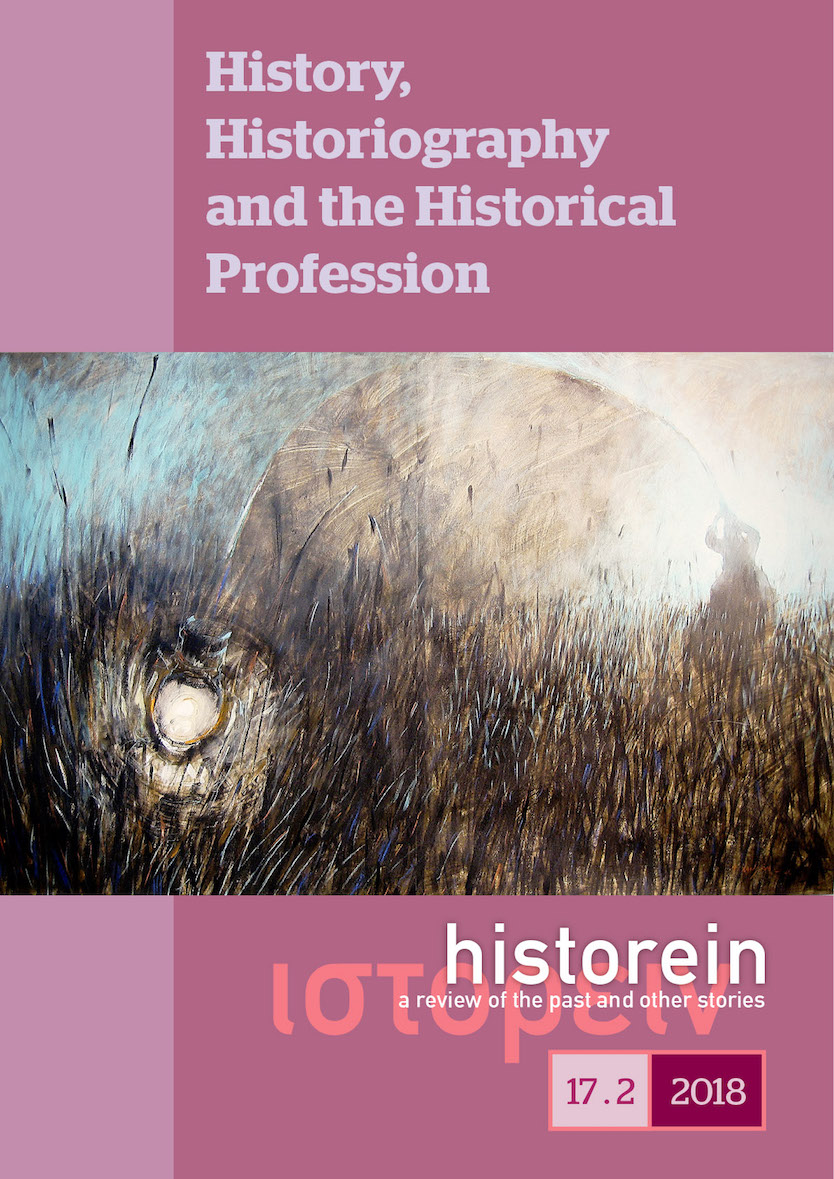From Instant History to the Infinite Archive: Digital Archiving, Memory and the Practical Past at the Roy Rosenzweig Center for History and New Media

Abstract
The September 11 Digital Archive and Hurricane Memory Digital Bank, both developed by the Roy Rosenzweig Center for History and New Media (CHNM) of George Mason University, are among two of the best known and most successful digital archiving initiatives. Though relatively old by internet standards and no longer receiving new submissions, both present a new understanding of what an archive is and its role regarding memory in contemporary society. Digital archives represent a convergence of social time and computer time, thus speeding the production of memory until it is contemporary of the event itself. This stretches the historical event beyond its limits but also means that the archive is created along with the event – it is an instant archive, so to speak. This contribution ends with a discussion on data accumulation in relation to Hayden White's notion of the practical past.
Article Details
- How to Cite
-
da Silveira, P. T. (2018). From Instant History to the Infinite Archive: Digital Archiving, Memory and the Practical Past at the Roy Rosenzweig Center for History and New Media. Historein, 17(2). https://doi.org/10.12681/historein.10964
- Section
- ARTICLES

This work is licensed under a Creative Commons Attribution-NonCommercial-ShareAlike 4.0 International License.
The copyright for articles in this journal is retained by the author(s), with first publication rights granted to the journal. By virtue of their appearance in this open access journal, articles are free to use (with the exception of the non-granted right to make derivative works) with proper attribution for non-commercial uses (licence Creative Commons 4.0). EKT/NHRF retains the worldwide right to reproduce, display, distribute, and use articles published in Historein in all formats and media, either separately or as part of collective works for the full term of copyright. This includes but is not limited to the right to publish articles in an issue of the Journal, copy and distribute individual reprints of the articles, authorize reproduction of articles in their entirety in another EKT/NHRF publication, and authorize reproduction and distribution of articles or abstracts thereof by means of computerized retrieval systems.

